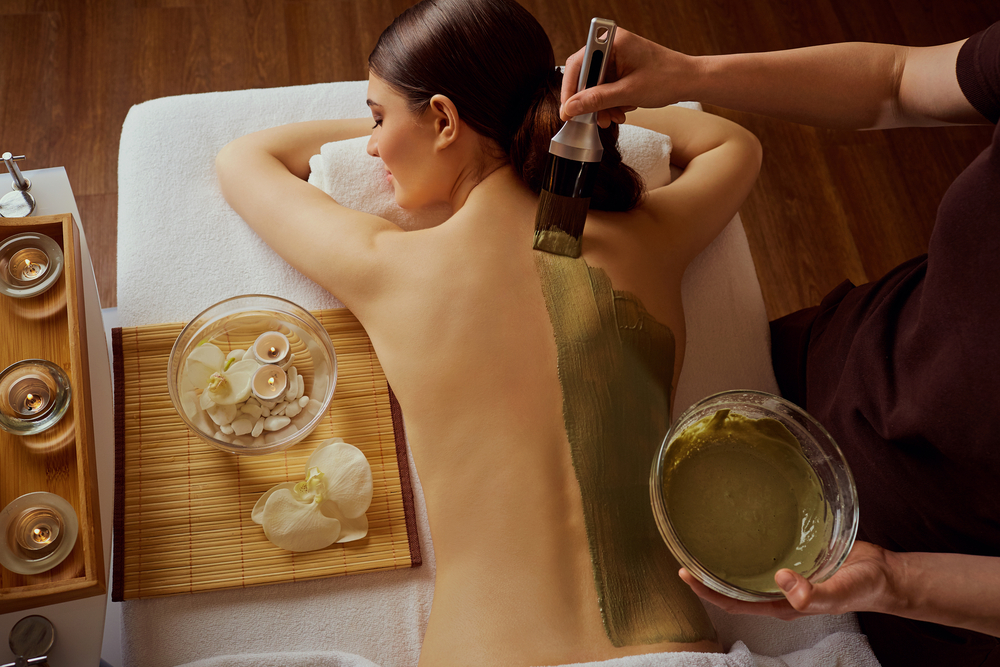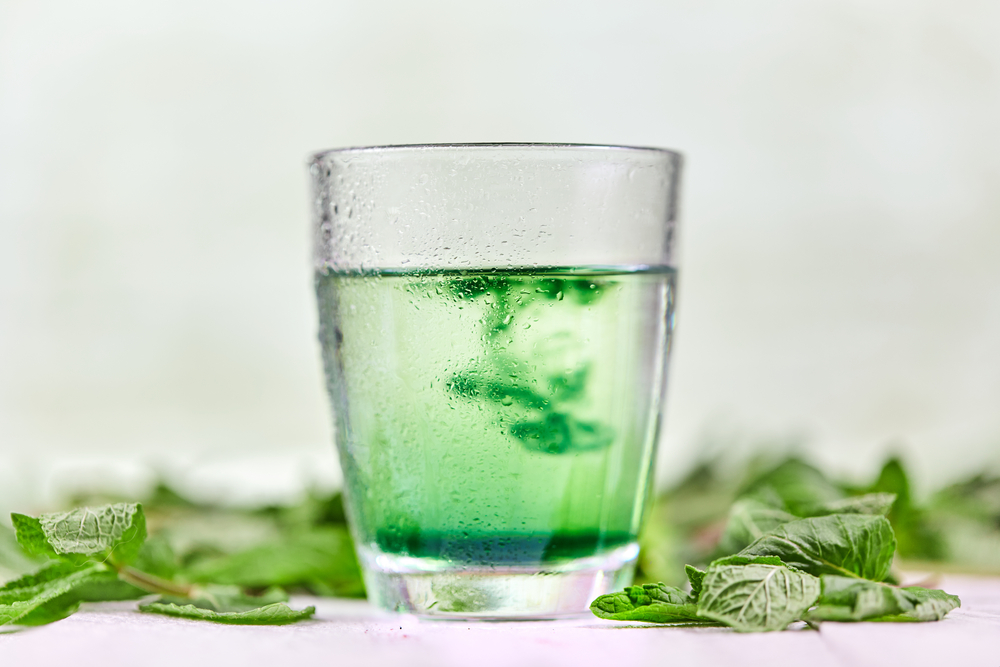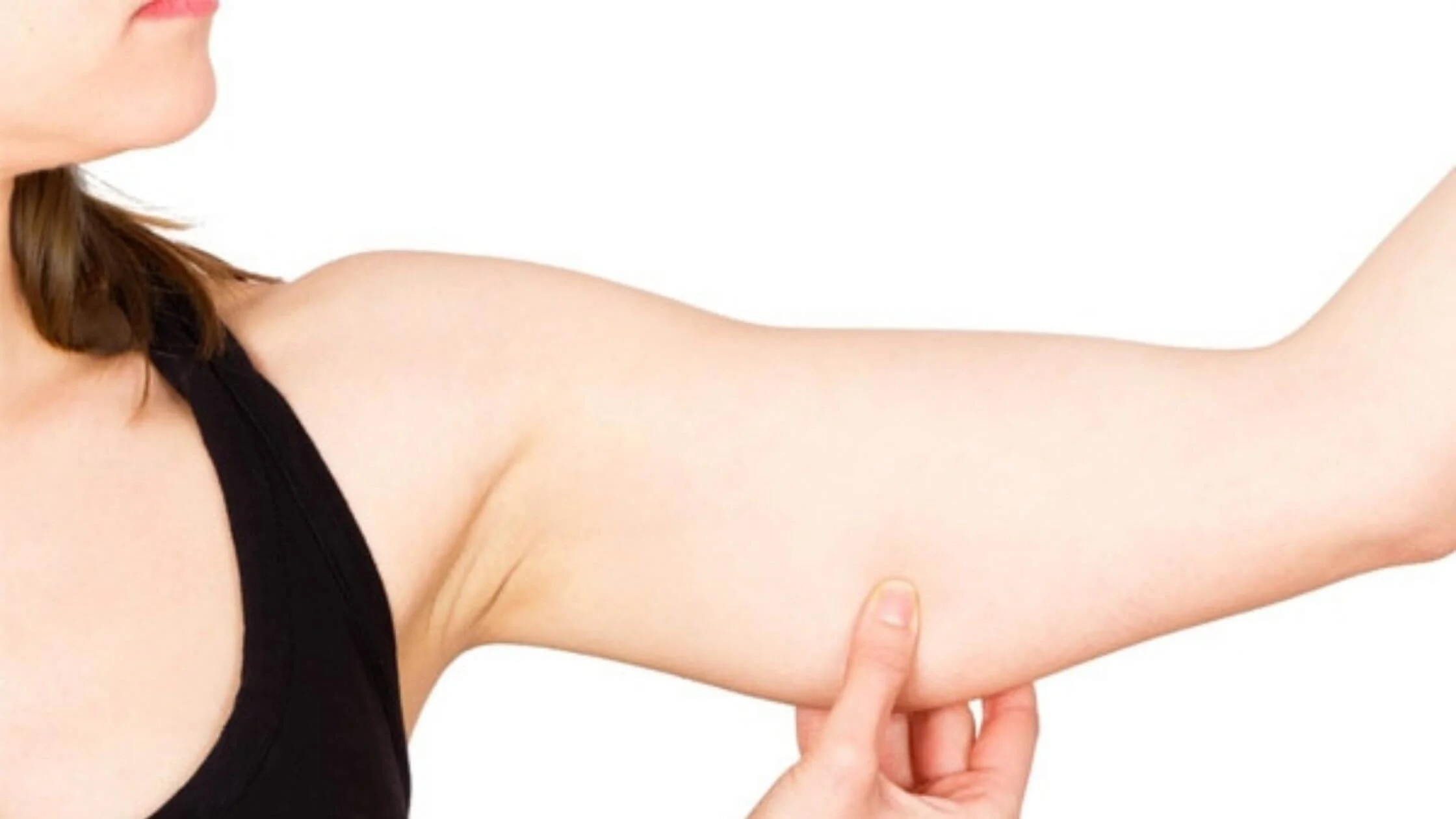- Seaweed has many health benefits when consumed, namely as a source of vitamins, minerals and anti-inflammatory agents.
- Seaweed wraps may be able to nourish the skin and pull toxins out of the body, but scientific evidence of this is lacking.
The medicinal benefits of seaweed have been known for thousands of years. The ancient Romans used them to treat wounds, burns and rashes. More recently, the U.S. Department of Commerce’s National Ocean Service has stated that “seaweed is chock-full of vitamins, minerals and fiber, and contains anti-inflammatory and anti-microbial agents.”
While the benefits of seaweed in the diet are well documented, less is known about its use as a skin care product.
Does wrapping our bodies in large strips of seaweed actually have any health and beauty benefits? Here’s what we found out.
The seaweed diet: known benefits
There are red, brown and green varieties of seaweed, although most people are probably familiar with ‘nori’ – the Japanese name for the seaweed used to wrap sushi.
Many nutrition experts tout the health benefits of seaweed. Caleb Backe, a health and wellness consultant, says seaweed is “low in carbs and high in protein and fiber. It’s also rich in omega-3 fatty acids, containing a higher content than avocados.”
Backe also notes that “seaweed may improve heart health and benefit your immune system due to its antioxidant content. And it contains other nutrients like sodium, vitamin B-6, iron, magnesium, calcium, copper, zinc and phosphorus.”
In recent years these benefits have been discussed and promoted on several national television shows, sparking the sales of various seaweed-based beauty products and health supplements.
Seaweed extract is also used in a number of beauty products for sensitive skin, as it has anti-inflammatory properties that can be helpful for conditions like eczema and psoriasis.
The purported benefits of seaweed wraps
The skin is designed to act as a barrier and keep things out of the body, while the gut is designed as a sponge to take nutrients into the body. Some argue that the nutrients in seaweed can also get absorbed through the skin – perhaps not in large doses, but enough to have a noticeable effect.
There are different kinds of body wraps used for detoxing, hydrating or slimming. Spas may use anything from mud, clay, herbal or fruit products to gauze bandages dipped in electrolyte solution to achieve the intended effect. These are also sometimes referred to as body cocoons or body masks.
The seaweed wrap, however, may be the trifecta of body wraps. Beauty experts claim that repeated treatments can help remove toxins, moisturize the skin, reduce the appearance of fine lines, and even improve cellulite or skin dimpling.
Skin cleansing, rejuvenation, and regulating the metabolism
Seaweed wraps usually begin with an exfoliation. For this treatment, a person lies on a massage table and receives a dry body brushing or body scrub that contains salt or sugar to remove dead skin cells from the top layer. This clears the skin’s pores so it can better absorb any treatments applied to the skin.
A paste made from a mixture of water and powdered seaweed – usually brown seaweed or algae – is then applied to the body. Finally, the body is covered with a warm towel or blanket and left for 20 to 30 minutes to relax and absorb the seaweed’s therapeutic ingredients.
Although more research needs to be done, there are many theories and some proof that seaweed wraps actually have benefits – albeit not very long-lasting or permanent ones. These include:
- High magnesium and calcium levels that may promote the elimination of trapped fluids and toxins that contribute to cellulite and cause inflammation.
- Electrolytes that may improve micro-capillary circulation (i.e. increasing the blood flow through very tiny blood vessels that connect blood leaving the heart to blood returning to the heart). These tiny blood vessels are located just below the skin’s surface, and brings oxygen and nutrients into the body.
- High iodine content that may improve thyroid function. The thyroid gland in the neck needs iodine to make the thyroid hormone – a chemical signal in the body that helps regulate metabolism.
Researchers have confirmed that seaweed, when applied to the skin, “is an effective, if not efficient and practical, way for supplementation of iodine.” Iodine can help promote skin repair, regulate moisture levels and improve thyroid function.
Dr. Lawrence Wilson, an advocate of nutritional balancing to treat a variety of medical conditions, recommends seaweed or kelp wraps for his patients.
“They help individuals absorb more minerals particularly if there is a digestive problem involved that is preventing proper nutrient absorption,” says Dr. Wilson.
Does it actually work?
There’s a lot of science showing that eating seaweed can boost your health. However, fewer studies exist confirming if seaweed wraps have health benefits beyond a placebo effect.
According to Harvard researchers, though, just because something has no scientific explanation “is not proof that a certain treatment doesn’t work, but rather that another mechanism may be present.”
This mechanism may trigger the release of “feel-good neurotransimitters, like endorphins and dopamine” and boost “greater activity in certain brain regions linked to moods, emotional reactions and self-awareness.”
As long as expectations are tempered, seaweed wraps may indeed provide certain benefits. At the very least, your skin will certainly feel pampered and soft after being exfoliated and moisturized. The treatment can also help you relieve stress and step out of your everyday routine.
It’s a wrap, not a quick fix
Bearing in mind that the scientific literature is limited, seaweed wraps could still provide some actual health benefits, especially if done regularly.
As a word of caution, seaweed easily absorbs and stores any contaminants found in the water where it grows. Just like fish and shellfish, seaweed can build up concentrations of mercury, lead or other heavy metals. Thus, it’s important to know where your seaweed was sourced.
Most U.S. based seaweed harvesting companies test seaweed for heavy metals, radiation and bacteria. Also, if you receive a seaweed wrap treatment, ask about ingredients, including fragrances and additives, to avoid irritating sensitive skin.
Overall, this is a safe and non-invasive process. Although it may be overpriced for the amount of benefit it can actually provide, an hour of relaxation could indeed be priceless.









